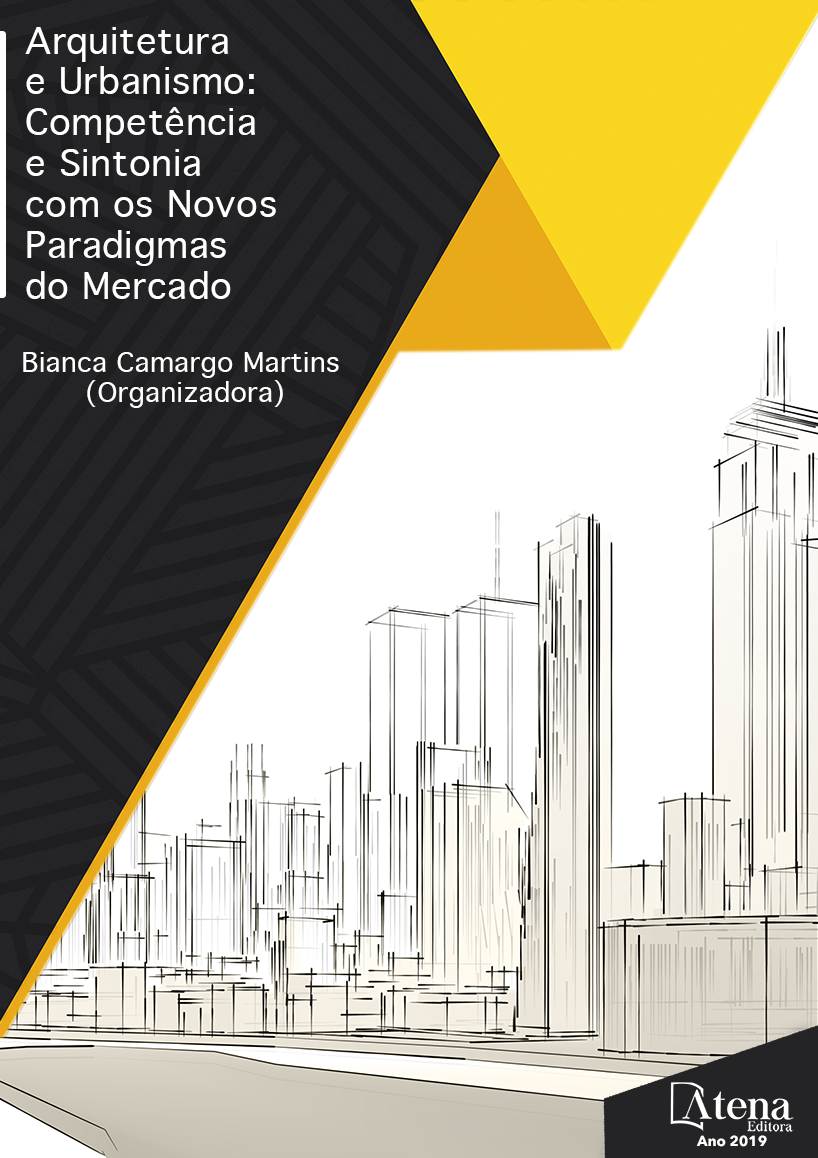
PAISAGEM CULTURAL NO CONTEXTO POLÍTICO-ADMINISTRATIVO DA CIDADE DO RIO DE JANEIRO
São discutidas algumas questões
relacionadas ao reconhecimento, pela UNESCO,
em 2012, de parte do seu sítio como Paisagem
Cultural da Humanidade, sob o contexto
político-administrativo do Rio de Janeiro. A
distinção internacional se deu sob alterações na
governança da cidade que foram caracterizadas
pela adoção do empreendedorismo urbano,
destacado pelo texto dos sucessivos Planos
Estratégicos, eleitos como principal instrumento
de planejamento urbano da cidade, a partir de
1996. O fenômeno conduziu à consagração de
uma agenda neoliberal calcada na ênfase do
papel da prefeitura como elemento gerador de
oportunidades de negócios, em substituição
ao atendimento das funções sociais da cidade,
preconizado pelo Plano Diretor Decenal da
Cidade, elaborado democraticamente, em
1992. Nesse contexto, ocorreu a criação de um
novo órgão de patrimônio cultural da cidade
– o Instituto Rio Patrimônio da Humanidade
(IRPH), além de outros aspectos que passaram
a priorizar a salvaguarda do sítio destacado
como Paisagem Cultural.
PAISAGEM CULTURAL NO CONTEXTO POLÍTICO-ADMINISTRATIVO DA CIDADE DO RIO DE JANEIRO
-
DOI: 10.22533/at.ed.85619180711
-
Palavras-chave: paisagem cultural; patrimônio cultural; proteção urbana.
-
Keywords: Cultural Landscape; Cultural Heritage; Urban Protection.
-
Abstract:
Some issues concerning the
recognition by UNESCO, in 2012, of part of its
site as Cultural Landscape are discussed under
the political management context of Rio de
Janeiro. This international distinction happened
underneath changes in the city’s governance,
which were identified by the adoption of urban
entrepreneurship in the Strategic Plans. These
Plans have been the most important instrument
for urban planning of the city since 1996. The
mentioned event conducted a neoliberal agenda
focused on the municipal government as a
generator of business opportunities, instead of
fulfilling the city’s social functions, which have
been advocated by the ten-year city’s Master
Plan, democratically elaborated in 1992. In this
context, a new public agency concerning the
city’s cultural heritage – Rio World Heritage
Institute (IRPH, in Portuguese) – was created, as
well as other aspects highlighting the protection
of the site as a Cultural Landscape.
-
Número de páginas: 15
- Claudio Antonio Santos Lima Carlos


